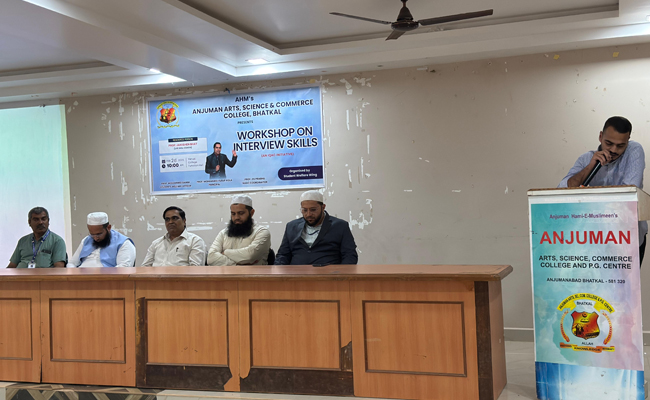Kozhikode(Kerala), Oct 2: The family of lorry driver Arjun, who died in the Shirur landslide in Uttara Kannada district of Karnataka, on Wednesday accused the vehicle owner Manaf of using their emotions for his personal gain, an allegation denied by him.
Arjun's family held a press conference at their residence here and told reporters that Manaf, who was initially with them, was now using their emotions for his personal gain, including collecting funds from various sources.
They also claimed that he was characterising them as destitute which was hurtful as many of the family members have jobs.
Arjun's widow, brother-in-law, sisters and parents told TV channels that several efforts were made to get in touch with Manaf to request him to stop saying wrong things about the family on his Youtube channel, but he was ignoring them and not taking their calls.
They warned of legal measures if Manaf did not stop making statements about Arjun and seeking funds in his name.
They also said that no one should give him money in the name of Arjun as the family does not need any financial assistance.
Manaf, reacting to the accusations, said if they can prove he collected funds in Arjun's name, he was willing to be stoned to death.
The lorry owner said he started the Youtube channel when he was alone in Shirur and was making all possible efforts to ensure the search for Arjun's remains was not stopped.
"I made the Youtube channel to ensure no one forgets about him. Now I am speaking on it regarding various issues faced by me during that time. What is wrong with that," he said.
He further said that despite Arjun's family's various accusations, he still considers them as his family and will continue to treat them as such.
On September 25, after Arjun's remains were recovered along with the lorry from Gangawali river near Shirur village, Manaf had said that his efforts to get Arjun back to his family had been vindicated
He had also said that he fulfilled the promise to Arjun's family, especially his father and infant son, that he would be brought back to them.
The July 16 landslide on National Highway 66 claimed the lives of nine people, including that of Arjun.
Manaf had stayed in Karnataka for more than two months till Arjun's remains were recovered from the river.
Let the Truth be known. If you read VB and like VB, please be a VB Supporter and Help us deliver the Truth to one and all.
Bengaluru (PTI): The Karnataka High Court on Monday extended the interim relief given to Bollywood actor Ranveer Singh till March 9, in a case related to mimicking a character from the movie, 'Kantara Chapter-1', and allegedly mocking a deity.
The actor had approached the High Court seeking the quashing of the FIR against him for mimicking Rishab Shetty's role as 'Chavunda' deity in the movie.
While mimicking, Singh had called the deity a "ghost". The actor was asked to appear before the court in person on Monday.
Appearing on behalf of the actor, his counsel Sajjan Poovayya said Singh was stuck in London and was unable to reach Bengaluru due to the conflict in West Asia.
The complainant, who is a lawyer, alleged that his religious sentiments were hurt by calling the deity a ghost. On the directions of a local Court, the police registered a case against the actor.
The High Court on February 24 granted interim relief to the actor with directions to the police not to take any coercive steps against him.





